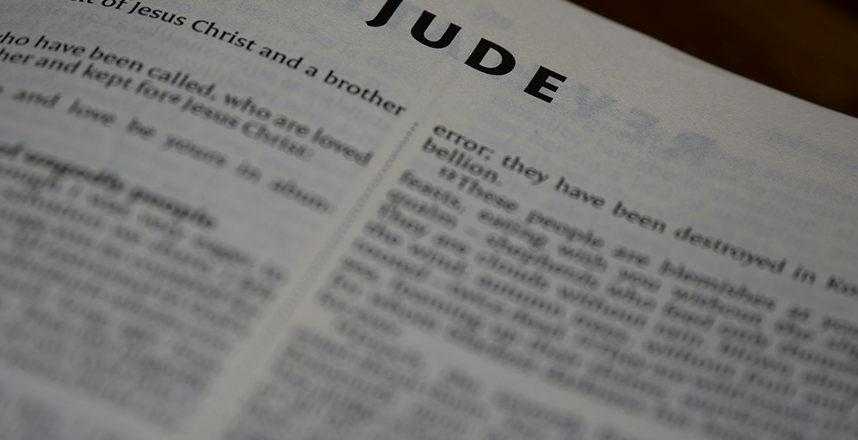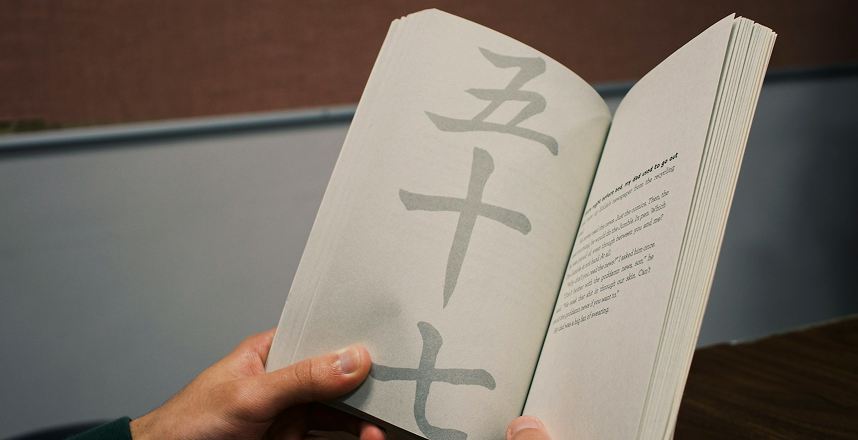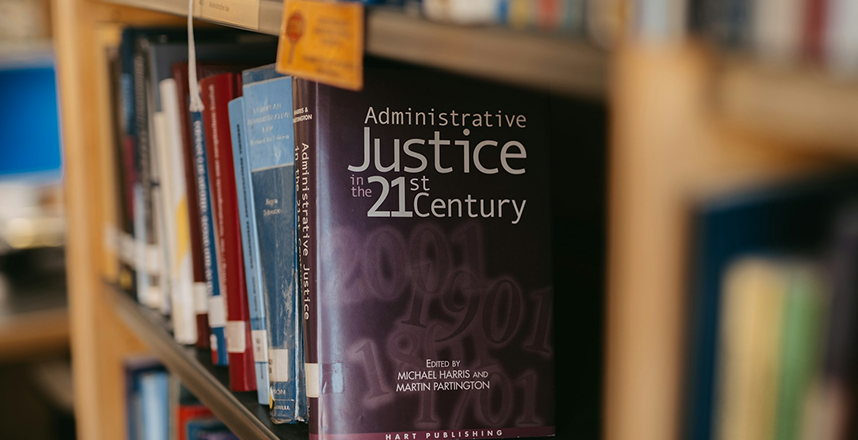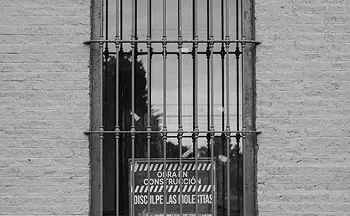Justice has been one of humanity’s oldest pursuits, shaping civilizations, laws, and moral philosophies. From ancient scriptures to modern debates, thinkers and writers have tried to capture what it means to live in a fair and equitable society. While laws can govern, it is ideas and stories that give justice its spirit.
Books on justice not only open our minds but also challenge us to see the world differently. They offer a mirror to society’s struggles, a map of humanity’s progress, and a compass for the future. The following three books—each different in tone and scope—will leave you questioning, learning, and perhaps even redefining what justice means to you.
01. Jude

At its core, Jude is a deeply human story. Through the lens of its central character, the book paints a vivid picture of how individuals are often caught between their aspirations and the harsh realities imposed by society. The protagonist’s struggles embody the countless invisible battles waged daily by those marginalized by class, opportunity, or circumstance. This narrative is not just fiction; it’s a reflection of injustices that remain all too real.
What makes Jude compelling is how it exposes systemic barriers—educational, social, and economic—that hold people back. Readers are confronted with the ways in which society creates invisible walls, making equality seem like an ideal rather than an achievable reality. The book urges us to ask whether justice can exist when opportunity itself is so unevenly distributed.
Beyond its social critique, Jude is also a meditation on resilience and dignity. Even amid struggle, the human spirit persists in seeking fairness and meaning. By personalizing justice through the life of one individual, the book gives readers an emotional connection to abstract principles, reminding us that justice is not just a system—it’s a lived experience.
02. The definition of Justice

Philosophers have wrestled with the question, What is justice? for thousands of years, and The Definition of Justice takes on this monumental task with clarity and depth. The book begins by exploring the roots of justice in classical thought, particularly the works of Plato and Aristotle, where justice was seen not merely as a law but as a virtue essential to the soul and the state.
From there, the author guides readers through centuries of debate, weaving together perspectives from religious traditions, Enlightenment thinkers, and modern legal scholars. By showing how definitions of justice have evolved across cultures and eras, the book highlights both the universality of the idea and the challenges of pinning it down to a single meaning.
Perhaps its greatest strength is accessibility. Instead of overwhelming readers with dense philosophy, the book simplifies complex ideas without diluting their importance. It makes readers reflect: is justice about equality, fairness, retribution, or harmony? By the end, one realizes that justice cannot be confined to one definition—it is a living, breathing concept shaped by context and society.
“Justice cannot be for one side alone, but must be for both
Eleanor Roosevelt
03. Justice in the 21st Century

If Jude is about the individual and The Definition of Justice about the foundations, then Justice in the 21st Century is about the future. This book dives into the pressing issues of our time: technology, globalization, climate change, and social justice movements. Each chapter tackles how these forces are reshaping what fairness means in an interconnected world.
One of the most fascinating discussions centers on digital rights and privacy. In a time when data is as valuable as currency, questions arise: who owns information, and what protections should individuals have? The book raises critical debates on whether justice in the digital age can keep pace with technological innovation.
The text also addresses global inequalities and environmental justice, reminding readers that fairness is no longer just a local matter—it’s a global one. From the fight against systemic racism to the struggle for climate accountability, the book argues that justice in the 21st century must expand its boundaries. It calls for readers to not only rethink justice in their own communities but also to consider their role in shaping a fairer world for all.
Final Thoughts:
Justice is not a static idea—it evolves with time, culture, and circumstance. These three books highlight different lenses through which justice can be understood: personal struggles, philosophical foundations, and modern-day complexities. Whether you are a student, a professional, or simply a curious reader, delving into these works will enrich your perspective and deepen your appreciation for the endless pursuit of fairness in human life.


